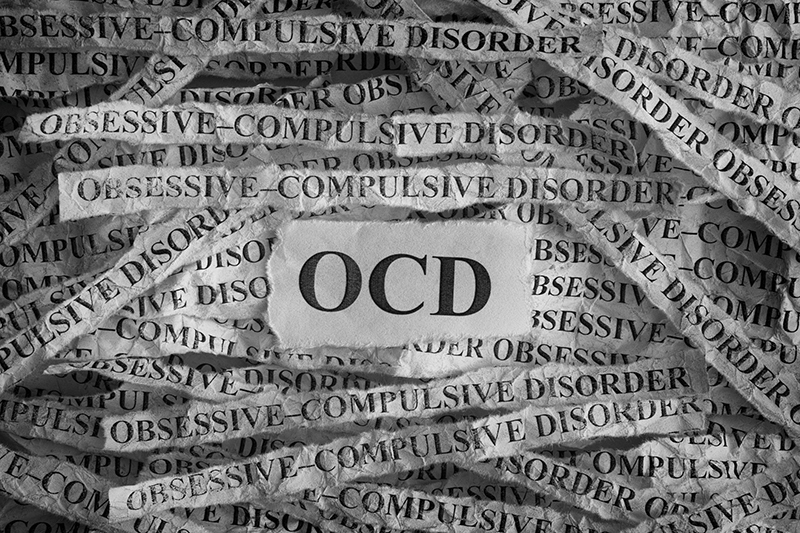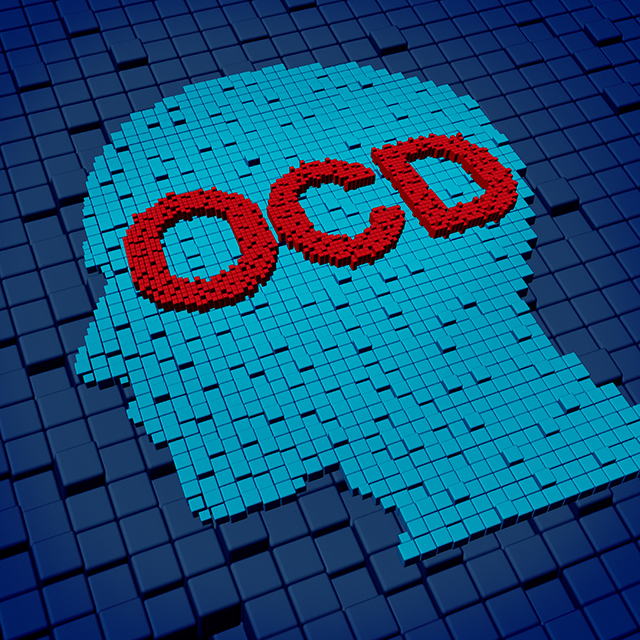Obsessive Compulsive Disorder
Obsessive Compulsive Disorder (OCD) Therapy Birmingham has successfully helped many clients deal with their OCD issues,in the comfort of our therapy rooms in Edgbaston, Birmingham.
Obsessive compulsive disorder (OCD) is a condition in which a person has obsessive thoughts and compulsive behaviours.
OCD sufferers experience obsessions which take the form of persistent and uncontrollable thoughts, images, impulses, worries, fears or doubts. They are often intrusive, unwanted, disturbing, significantly interfere with the ability to function on a day-to-day basis as they are incredibly difficult to ignore. People with OCD often realise that their obsessional thoughts are irrational, but they believe the only way to relieve the anxiety caused by them is to perform compulsive behaviours, often to prevent perceived harm happening to themselves or, more often than not, to a loved one.
Compulsions are repetitive physical behaviours and actions or mental thought rituals that are performed over and over again in an attempt to relieve the anxiety caused by the obsessional thoughts. Avoidance of places or situations to prevent triggering these obsessive thoughts is also considered to be a compulsion. But unfortunately, any relief that the compulsive behaviours provide is only temporary and short lived, and often reinforces the original obsession, creating a gradual worsening cycle of the OCD.
OCD can be distressing and significantly interfere with your life,it affects men, women and children and can develop at any age. The illness affects as many as 12 in every 1000 people (1.2% of the population) from young children to adults, regardless of gender or social or cultural background. In fact, it can be so debilitating and disabling that the World Health Organisation (WHO) once ranked OCD in the top ten of the most disabling illnesses of any kind, in terms of lost earnings and diminished quality of life.
Based on current estimates for the UK population, there are potentially around 741,504 people living with OCD at any one time. But it is worth noting that a disproportionately high number, 50% of all these cases, will fall into the severe category, with less than a quarter being classed as mild cases.
It has traditionally been considered that there are four main categories of OCD. Although there are numerous forms of the illness within each category, typically a person’s OCD will fall into one of the four main categories:
- Checking
- Contamination / Mental Contamination
- Hoarding
- Ruminations / Intrusive Thoughts
For many people with OCD there is often an overinflated sense of responsibility to prevent harm and an over-estimation about the perceived threat that an intrusive thought signifies. It is these factors that help drive the compulsive behaviours, because the person with OCD often feels ultimately responsible for trying to prevent bad things happening.
To some degree OCD-type symptoms are probably experienced, at one time or another, by most people, especially in times of stress where they have succumbed to the seemingly nonsensical need to perform an odd and often unrelated behaviour pattern. However, OCD itself can have a totally devastating impact on a person’s entire life, from education, work and career enhancementto social life and personal relationships.
The key difference that segregates little quirks, often referred to by people as being ‘a bit OCD’, from the actual disorder is when the distressing and unwanted experience of obsessions and compulsions impacts to a significant level upon a person’s everyday functioning – this represents a principal component in the clinical diagnosis of Obsessive–Compulsive Disorder.




